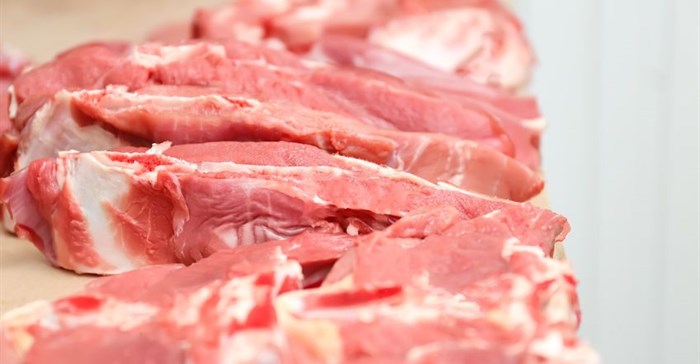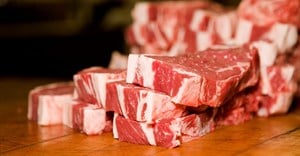Trending
Elections 2024
#Gulfood2019: SA beef export market reopens to the Middle East

The Gulfood Trade Show places emphasis on Halaal-certified food products in the Middle East, attracting approximately 90, 000 visitors per annum.
Statistics South Africa revealed in March that the economy only grew by 0.8% in 2018, compared to the 1,4% growth experienced in 2017. Emphasis is being placed on the need for South Africa to unlock key ways for the economy to bounce back. One such way is to focus on developing and improving South Africa’s competitiveness in the global economy by unlocking exporting opportunities, especially within the agricultural sector, which is a major contributor to the SA economy.
"It is therefore vital that all industry players work together in identifying these opportunities," says Roelie van Reenen, supply chain executive at Beefmaster, producer of beef products in South Africa.
On attending the trade show, Reenen said: "The show enabled us to nurture our existing relationships in the Middle East, resulting in us being able to once again export more than 300 tonnes of red meat to these countries."
Van Reenen also added that the outbreak of Foot and Mouth Disease (FMD) experienced earlier this year threatened South Africa’s FMD-free status, resulting in several countries closing their borders to SA-meat products. Select Middle Eastern countries have now opened trade to South Africa owing to government reinstating veterinary certificates for beef with these countries.
Re-establishing beef trade
Progress made at the Gulfood Trade Show included strengthened relations between the Beefmaster Group of Companies and Middle Eastern territories, such as Qatar, Jordan, Kuwait, Bahrain, Dubai, and north African countries such as Egypt.
Van Reenen said that this is good news for local beef producers as the re-established beef trade will maintain local beef prices. However, while good progress has been made, more needs to be done to ensure that the trade volumes from beef exports increase to the volumes seen before the FMD outbreak.
He adds that the agricultural community has been hard hit by a high maize price, a debilitating drought and a stagnant economy. This has resulted in low weaner purchase prices, as well as downward beef prices, exerting added pressure on cattle farmers and the beef industry as a whole.
"The current economic climate in South Africa has consumers under pressure, which means the market is unable to absorb the excess beef in production. However, the progress made at the Gulfood Trade Show will go a long way in mitigating these pressures, as it will allow for the excess volumes of red meat, currently in SA, to be absorbed by foreign markets," says van Reenen.
South Africa is one of the five largest producers of Halaal-certified meat worldwide, with the country’s export industry experiencing rapid growth since 2001. Overall beef exports increased from 8,292 tonnes in 2001 to 31 888 tons in 2017 with the UAE, Kuwait, Jordan and Qatar being the top Middle Eastern destinations for beef exports. Additionally, the Middle East has a rapidly growing population which opens opportunities for South African beef exports. This, in turn, stimulates the local economy.








